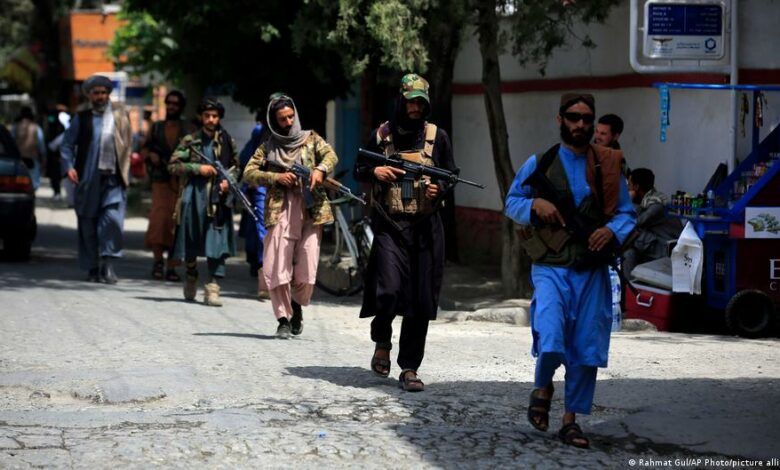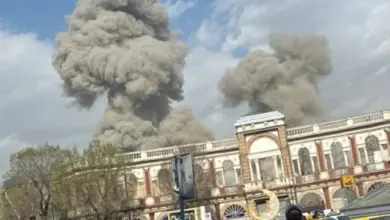
The United Nations’ top human rights official, Michelle Bachelet, on Tuesday said her office had received credible reports of grave human rights abuses by the Taliban in Afghanistan.
Though the ultraconservative Islamists have sought to present themselves as more moderate since taking control of the country, evidence gathered by the UN suggests otherwise.
What did the UN’s human rights chief say?
Bachelet said there were reports of summary executions from areas under Taliban control — against both civilians and Afghan soldiers.
She also said there was evidence that the Taliban were restricting women’s rights — such as their right to freely move around — blocking girls from attending school, and recruiting child soldiers.
Bachelet urged the UN Human Rights Council to set up a mechanism to closely monitor Taliban actions now that the ultraconservative Islamists have taken power in Afghanistan.
“Taliban spokespeople have made specific commitments to respect women’s right to work and girls’ right to attend school, within the Taliban’s interpretation of Islamic law,” Bachelet said. “They have also said they will respect the rights of members of ethnic and religious minorities and refrain from reprisals against those who have worked with the government or the international community.”
“The onus is now fully on the Taliban to translate these commitments into reality,” she said.
Bachelet told the Council’s emergency session — held at the request of Pakistan and the Organization of Islamic Cooperation (OIC) — that “the red line will be the Taliban’s treatment of women and girls.”
She urged “respect for their rights to liberty, freedom of movement, education, self-expression and employment.”
Increasing desperation despite promises
The meeting comes amid increasingly desperate efforts to airlift thousands of people out of Kabul, with the Taliban warning that evacuations can continue only for another week.
People have been amassing outside the airport, with many Afghans terrified of life under the rule of the Taliban.
The Islamists have promised a different kind of rule from the brutal regime they oversaw from 1996 to 2001, before the US-led invasion.
During that time, women were confined to their homes, most entertainment was banned, and punishments included stonings and public executions.
The militants’ efforts to rebrand themselves have been met with skepticism amid reports that fighters from the Taliban have conducted door-to-door searches for opponents, including journalists, in recent days.
The UN says that, even before the Taliban takeover, Afghanistan saw a sharp increase in civilian casualties in recent months.




